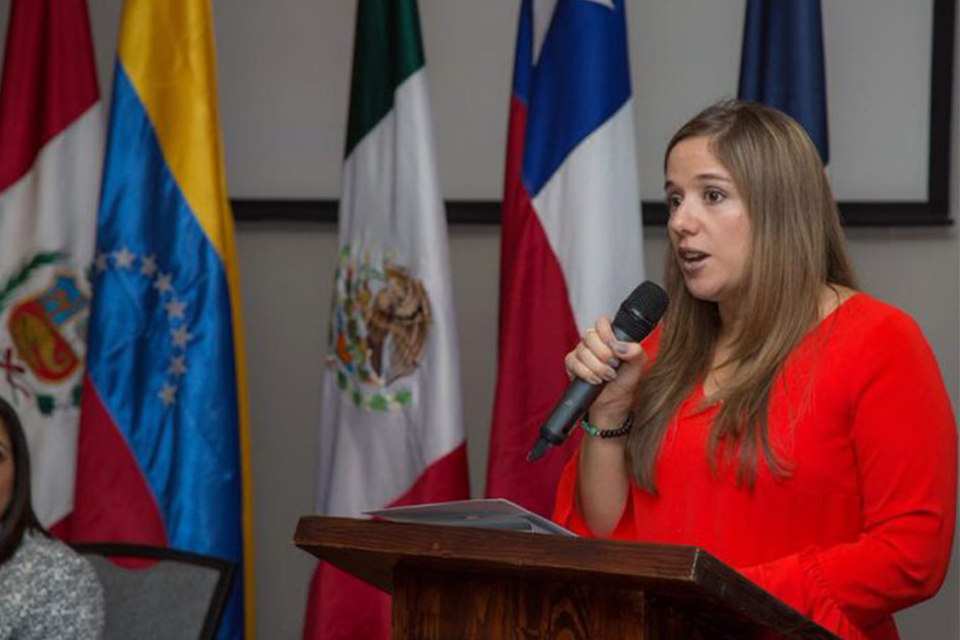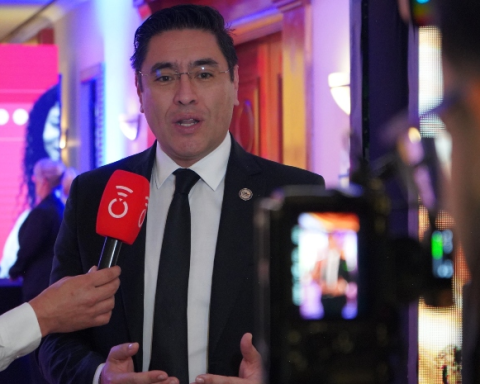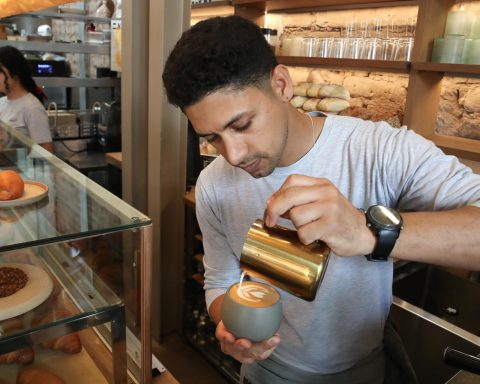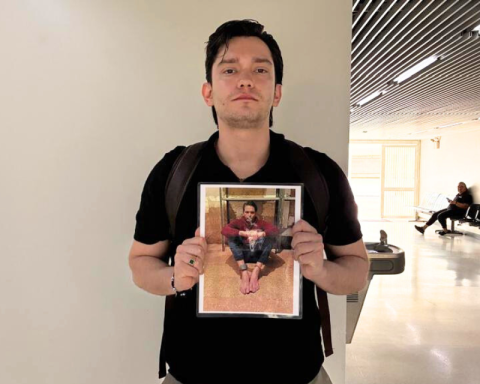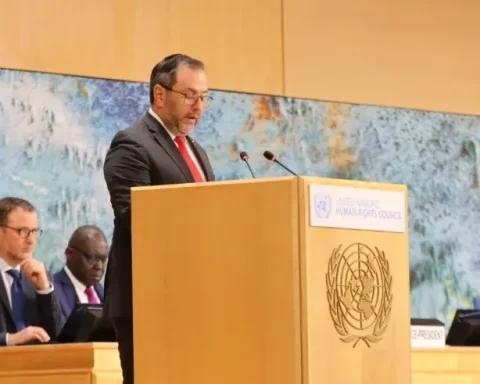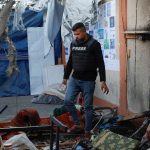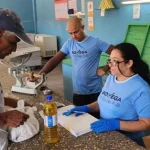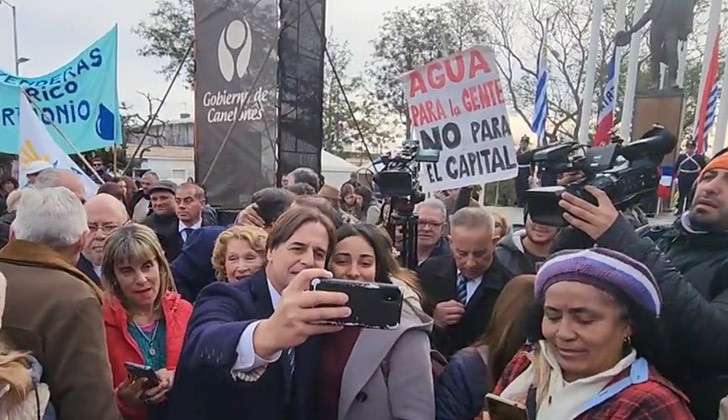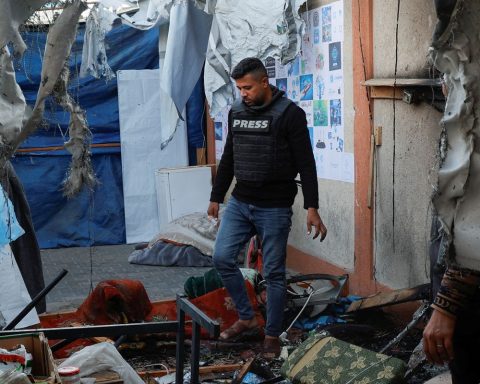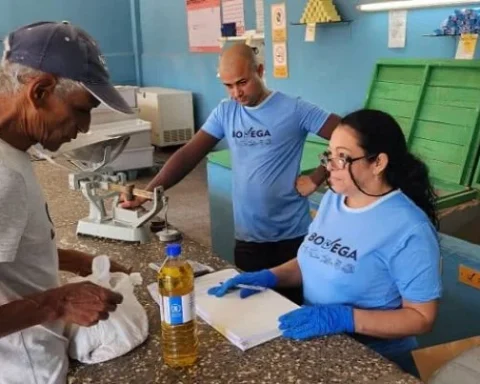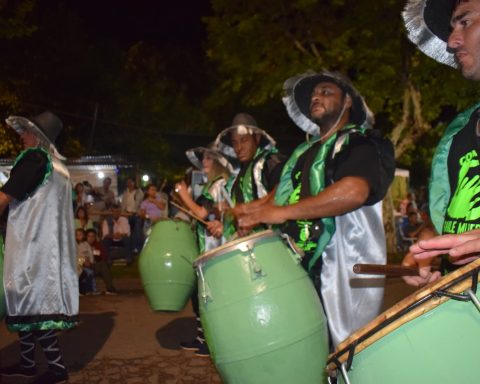Betilde Muñoz, coordinator of the Network of Political Scientists Not Without Women, explained that crises tend to affect women disproportionately more, especially in Venezuela, which is experiencing a Complex Humanitarian Emergency, according to national and international organizations.
Author: Graciela de los Angeles Portillo | Faith and joy
The participation of women in the political sphere in the country continues to be a real challenge given the “structural obstacles” that prevent them from performing when it comes to doing politics, according to Betilde Muñoz-PogossianDirector of Social Inclusion of the Organization of American States (OAS).
Muñoz summarizes these limitations in three senses: the unequal distribution in the use of time, the limitations to obtain financing, and the absence of institutional measures on the part of the State that guarantee quotas or parity, that allow women’s access to power spaces.
Four months after the primary elections of the Venezuelan opposition, among the candidacies presented are the names of two women: Delsa Solorzano and María Corina Machado, who aspire to be elected in the primary elections to later aspire to the presidency of the country.
On this last point, Muñoz highlighted, in an interview with the program First hand of Radio Fe y Alegría NewsIt is not unusual for women to be candidates in Venezuela because Venezuelan women have shown that they are empowered, taking action in social and community spaces while trying to solve problems.
He pointed out that Venezuela has the challenge of strengthening the political participation of women through the application of institutional measures, such as the implementation of quotas and parity, where the country “is an atypical case” because “what is known as affirmative action measure”, which makes it possible to guarantee, in the offer made by the parties, promoting the candidacies of women.
“Although it is not a guarantee that they will be elected, it allows freeing the field when making the proposal of candidacies in the parties,” explained Muñoz.
He clarified that certain quota and parity manuals have currently been implemented in the country, but they have not been institutionalized as a law, unlike other Latin American countries. “And it is a red light that must be consolidated for the development of a very powerful democratization process,” she assured.
On the other hand, Muñoz said that it is necessary to design legislative measures that allow women candidates for public office to obtain financing in two ways: through direct financing, which is by accessing funds from the public administration that allows them to set up their campaigns or indirect financing, which is the opportunity given to them to declare in the media so that they can share their messages and thus seek to win the vote of the electorate.
He assured that both measures can be implemented based on the fact that, although there is a deficit, from a positive point of view, “it is very valuable to see women at the community level leading discussions and political debates for democracy, human rights, inclusion” .
Muñoz pointed out that the challenge is to evaluate how this leadership is translated from the local to the national level, to have an impact at the level of larger public policies.
Why is the participation of women in politics important?
Betilde Muñoz, also coordinator of the Network of Political Scientists Not Without Women, explained that crises tend to affect women disproportionately more, especially in Venezuela, which is experiencing a Complex Humanitarian Emergency, according to national and international organizations.
She added that having women leading the proposals and designing public policies should contribute to having an even more comprehensive response and solutions.
On the other hand, he considered that there is a way of doing politics in a horizontal way, more focused on evidence, solutions and oriented towards empathy in the needs of the populations that are expected to be served.
Muñoz emphasized that there are men who exercise leadership in this way, but for “specific” reasons, women usually have these traits and qualities that in 2023, after a pandemic, “are the leadership qualities that people are waiting for and I think that this rightly applies in the case of the Venezuelan population.”
Post Views: 8
